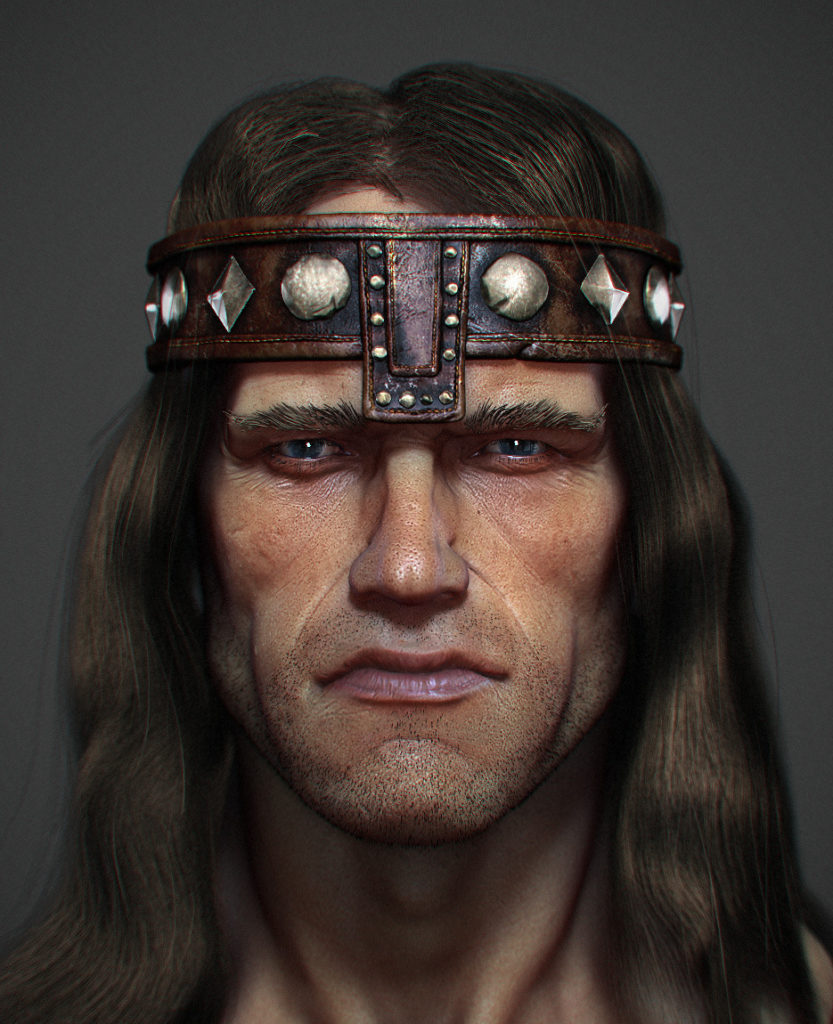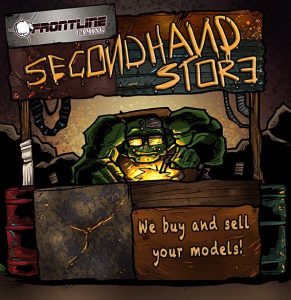Characters often grow and change over the course of a campaign, gaining new abilities and class features as well as learning something from their adventures and bettering themselves as a person. So what is it that defines them as a person?

When we create a character, we often have a concept in mind- a core something that defines how we think about that character and how they interact with the world. Perhaps we envision a hot-blooded ranger who hunts prey relentlessly, or a detached wizard that sees adventuring and its pitfalls as a series of risks to be weighed. We may expand and alter this concept as the game goes on, but by having something central and immutable to the character, we set an anchor around which other decisions can be made.
These core ideas to a character should be some of the first things you think of when you envision them, as should the rest of your group (hopefully.) We can do the same when we think about characters from works of fiction- Han Solo, Severus Snape, James Bond, etc, are all characters that have been explored in fiction and developed from a simple archetype out to a more realized and fleshed-out portrait of a person, but we always maintain the core premise of those characters.
You can do the same with your own characters- figure out what defines them. This can be as simple or as complicated as you want- for example, Conan the Barbarian is defined more by his manner and methods than anything else, but even these superficial qualities can be defining when we etch them in stone for the character. Conan is a man defined by strength and violence, whether he is a slave or a king, and these traits give us something that we know we can fall back on in any situation, providing the key to understanding his behavior.
Other characters might be defined by other traits. Jack Sparrow is most notable for his extremely particular appearance and speech, making him easily distinguishable from any other pirate in films. The Elric brothers are memorable for their unique quest to restore their bodies, giving their entire show a defined goal and character arc. Other characters might be defined by a particular weapon they are a master of, a backstory that binds them, or a notable personality trait that colors their interactions with the world- there are no wrong choices for any of these things, so long as you make the choice interesting and unique.
You can look to these kinds of influences (and others) when making characters of your own. What sets them apart from other members of their class or profession? Why is your pyromancer or sellsword different from all of the other pyromancers and sellswords in the world? Think about what it is that attracted you to the character, what most grabs your imagination about them, because the thing that inspires you to make them is very often the thing that is the most central and important part of the character. If your core vision was “affable halfling chef-knight,” double down on that and make sure it’s integrated into the way you portray them in game as well as their rules. Complexity in a character is certainly a good thing to develop, but there’s also a lot to be said for reinforcing your core premise- and you have plenty of time to develop both over the course of a campaign.
As always, remember that you can get your roleplaying supplies at great discounts every day from the Frontline Gaming store, whether you’re looking to pick up a new supplement to enhance your character or a set of minis for your next encounter.



Great thoughts, AP. I played witha group of friends for a long time and I was always fascinated by how we always steered towards archetypes that stayed constant. One would always play a character who did things the hard way and was super stubborn. One always made a murderer who craved acclaim. One always made someone who used science or magic to gain personal fortune. And I always made middle aged guys who protected children.
It’s funny how that works, isn’t it? I always end up playing either a slightly narcissistic, funny monk who spends his gold on magical oils he could rub on himself to show off his muscles (lol), or like, an Aragorn style Ranger/Rogue that was a more serious but less funny character to play. I think it’s just some part of us that likes taking on that role or is just familiar.
Lol, oily monk.
I do find it so interesting how RPs really reveal aspects of ourselves.
Not for nothing, the first person I knew who came out as trans used to always play as a female character. We didn’t think anything of it really, but it was interesting to look back on when she came out.
Yeah, it really does. My inner self is a yoked, oiled up himbo karate master then I guess, lol
Yeah, I think most players have a “default” character that they steer towards- although part of the fun of roleplaying can be learning to move away from that autopilot setting and try out something really different. That’s definitely something that is a bit more complex, though.
I’ve really enjoyed having characters where i have an idea of a struggle they have that they can either succumb to or overcome across the cakpaign.
I rolled up a character whos highest rolled stat was an 11 so i made her a rich spoiled girl who got cut off from the family fortune. She started with almost nothing and 0 real life skills. My rule for her was she had 0 foresight and only attempted to solve problems after she ran into it. Armor unnecessary until she took a hit. At the end of the campaign she was a battle hardened leader commanding men into battle. While still botherjng to summon her unseen servant to hold an umbrella so she didnt get wet while on the ramparts. It was such a fun and fulfilling end for a xharacter ive just often written in that internal struggle for my characters.
Your DM might not always include your evil twin but you can always progress your story if the main goal is about character growth.
Yeah I am a huge fan of playing flawed characters who have something to overcome, in both D&D and other games. It can add a lot of drama to the story and provides and interesting level to the group’s interpersonal dynamics, which is often something that gets ignored in many campaigns.